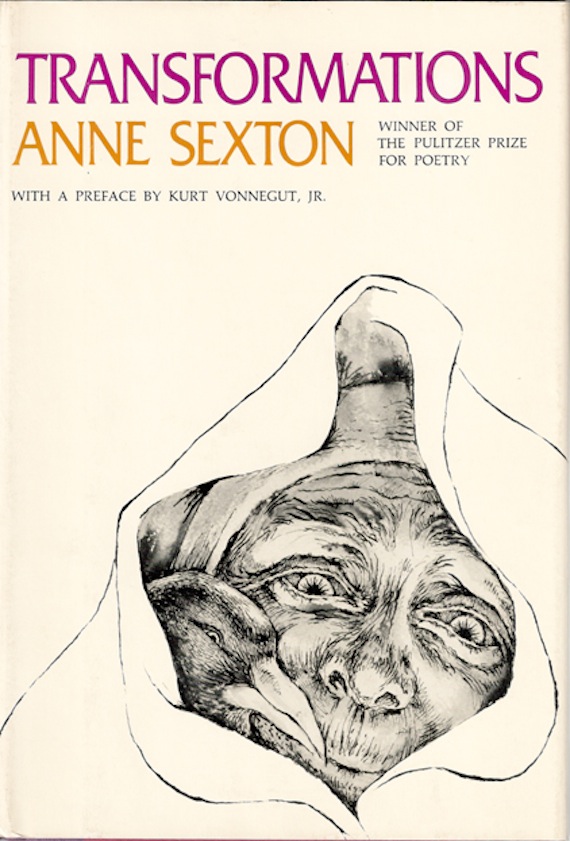 Imagine if Bertie Wooster’s considerably more intelligent but equally fussy older brother had wandered by accident into a John LeCarre novel. The result might look something like Maurice DeKobra’s exquisite The Madonna of the Sleeping Cars, wildly popular when it came out in the 1920s, revived recently by Melville House after 50 years out of print. The novel concerns a recently heartbroken gentleman of independent means and impressive title, Prince Gerard Séliman. At a loss as to how to spend his time now that his estranged wife has taken to returning his letters unopened, he answers an ad for a personal secretary and finds himself in the employ of the elegant Lady Diana Wynham, a youngish widow, whose hobbies include collecting casual lovers.
Imagine if Bertie Wooster’s considerably more intelligent but equally fussy older brother had wandered by accident into a John LeCarre novel. The result might look something like Maurice DeKobra’s exquisite The Madonna of the Sleeping Cars, wildly popular when it came out in the 1920s, revived recently by Melville House after 50 years out of print. The novel concerns a recently heartbroken gentleman of independent means and impressive title, Prince Gerard Séliman. At a loss as to how to spend his time now that his estranged wife has taken to returning his letters unopened, he answers an ad for a personal secretary and finds himself in the employ of the elegant Lady Diana Wynham, a youngish widow, whose hobbies include collecting casual lovers.
She is intelligent, skilled in high society politics, supremely independent, and fearless. “Logic,” Séliman reflects, “when she chose to recognize it, was no stranger to her. On the other hand, she knew all the actions and reactions of a moonlight night and the intoxicating values of perfume.”
They’re a good match. He needs something to do with his time, and she requires some assistance with certain practical matters. At their first meeting she explains the details of the estate she was left when her husband died of too much food and drink: a house, automobiles, a yacht in disrepair, a box in Covent Garden. “If I add that my banker cheats me,” she continues,
That every year I have seven hundred and thirty invitations to dinner, all of which I couldn’t accept unless I cut myself in half at eight o’clock every evening; if I go on to say that I have, on the average, six admirers a year, without counting casual acquaintances and some exploded gasoline which sticks to the curburetor; that I keep an exact account of my poker debts, that I always help every charitable undertaking, that I am the honorary captain of a squad of police women and I was a candidate in the elections for North Croydon; if I finally admit that I have a very poor memory, that I love champagne and that I have never known how to add, then, perhaps, you will be able to understand why I need a private secretary.
The woman described by Alan Furst as “the siren of the Orient Express” lives well and travels widely, but cracks are appearing in her flamboyant life. She has recently suffered a serious blow in the stock market and creditors have taken to dropping by the house. Her options are narrowing. Unwilling to accept either financial ruin or a marriage of convenience to a moneyed bore, she has lit upon an unlikely third option. Her late husband served as ambassador during the reign of Czar Nicholas II, during which time he managed to get his hands on 15,000 acres of oil lands in Georgia.
The land has been nationalized by the Communist regime, her deed worth no more than the paper it’s printed on. But if she can just regain ownership, or at least get the Soviets to grant her the right to exploit the oil, she’ll be saved from financial ruin. She sets off for Berlin with her loyal secretary in the hopes of successfully employing her considerable charms on the Soviet delegation.
Dekobra perceived the horror of the Soviet regime some time before most others did. His Séliman is a coddled product of high society, the sort of man who notices whose coat of arms is engraved on his sugar spoon and who packs special dancing shoes when he goes on trips, but he’s also capable of recognizing and critiquing the brutality and hypocrisy of the emerging Soviet state. “There was less distance from reformist and pacifist Socialism,” Séliman remarks to a member of the Soviet delgation, “under the absolutism of Nicholas II than there is under the Communist autocracy.”
Herein lies one of the book’s most interesting aspects. This is the kind of book that gets described as “a delightful romp” in press materials, and that’s not an inaccurate description of a book that functions beautifully as both send-up of high society and globe-spanning adventure story, but the novel has a deathly serious core. The featherweight prose proves a brilliant set-up for the darkness that Séliman encounters when he’s eventually sent into the Soviet Union to try to make Lady Wynham’s capitalist dreams come true.








